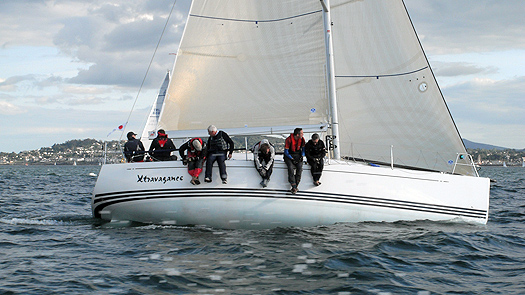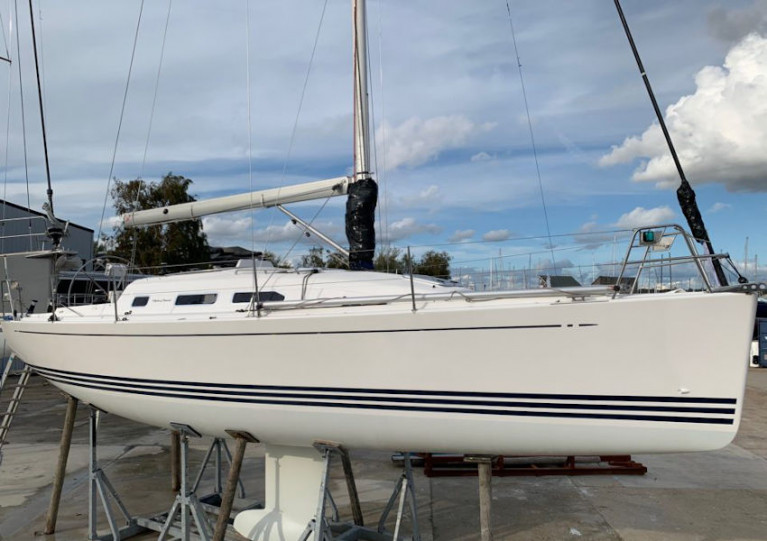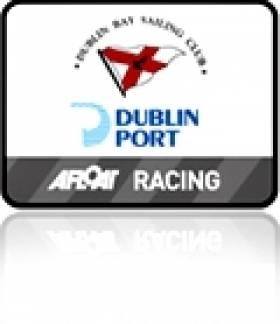Displaying items by tag: X34
Juno, an X-34 from 2010, is a new arrival to the brokerage market and now available to view by appointment at X-Yachts’ UK office in Hamble (details attached below).
It joins a selection of new and old X-Yachts that will be on display at the Southampton marina for the final ‘Experience the Brand’ showcase of 2020 next weekend, from Friday 9 to Sunday 11 October.
Private or guided viewings can be arranged following all necessary precautions via the links included HERE.
'Xtravagance' Keeps DBSC's Waterhouse Shield in the Family
#DUBLIN BAY – Tonight's Dublin Bay Sailing Club Annual Prizegiving 2011 is taking place at the Royal St George Yacht Club and among the top award winners is the X-34 Xtravagance skippered by Colin Byrne from the Royal Irish Yacht Club.
The prizegiving celebrates a season of successes on the bay and Afloat.ie published the roll of prizewinners in September and tonight over 40 trophies will be presented. See the DBSC 2011 Trophy Winners here.

Xtravagance skippered by Colin Byrne won the Waterhouse Shiled at tonight's DBSC Prizegiving for the top performance in a handicap class
Xtravagance won the overall IRC on Saturdays and Thursdays this season as well as the overall Thursday Echo (although the Royal Irish entry failed to make a clean sweep by two points in Saturday Echo).
Byrne's boat is a standard X-34. He sails with a purely amateur crew including his father, Philip, who is 81 years of age and his brothers among the crew. Xtravagance is the first Class 1 boat to win it for a number of years, it's also an award won on at least two occasions in the 1990s by his father in his yacht Growl Tiger.






























































